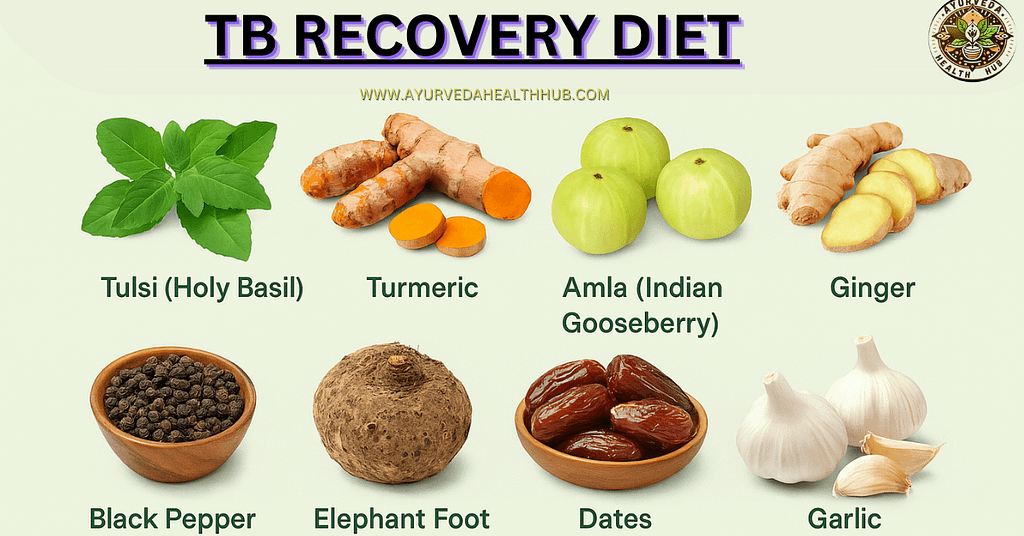
Understanding Ayurveda’s Role in Pregnancy and Early Motherhood
Pregnancy is a time of wonder and joy, not to mention a life-changing experience. At the same time, it is a period through which a mother’s body goes through many changes as it adapts to support and nurture a new life. The Ayurvedic Perspective on Pregnancy and Early Motherhood provides holistic support for the mother during pregnancy and early motherhood—emotionally, physically, and mentally—through easily adoptable practical and spiritual teachings.
The Ayurvedic View on Pregnancy and Early Motherhood
For Ayurveda, pregnancy is a spiritually significant period for expectant mothers, a time when self-care must be prioritized for both the health of the mother and the unborn baby. The Ayurvedic Perspective on Pregnancy and Early Motherhood emphasizes both prenatal and postnatal care, ensuring a smooth transition into motherhood. Without proper care and attention, even a healthy pregnancy may lead to postpartum complications, including depression and exhaustion.
The Ayurvedic Approach to Pregnancy
According to Ayurveda, pregnant women experience a Vata imbalance, or elevated levels of Vata energy, which are directed towards the baby. When the mother is balanced, there is enough Apana Vata for both the mother and baby. However, if the mother feels tired or stressed, Vata shifts towards the developing fetus, potentially causing emotional imbalances and fatigue. ve on
Ayurvedic Remedies for Pregnancy Health
To restore balance, Ayurveda recommends:
- Nutrient-rich Diet: Coconut water, milk, and ghee (clarified butter) help with digestion and nourishment.
- Therapeutic Rejuvenation: Oil massage (Abhyanga) and prenatal yoga provide relaxation.
- Rest and Meditation: Calming the nervous system through mindfulness and sufficient sleep.
Are Ayurvedic treatments safe for pregnancy?
Ancient Ayurvedic teachings promote a holistic approach to well-being focused on prevention rather than just cure. The Ayurvedic Perspective on Pregnancy and Early Motherhood supports natural therapies like dietary guidance and massage to help manage common pregnancy concerns such as high blood pressure, spotting, and fluid retention. These time-tested holistic methods offer safe and effective care throughout all trimesters.
Ayurvedic Herbs and Remedies for Pregnancy

Ayurveda incorporates herbs such as Shatavari and Ashwagandha to support breast milk production and overall maternal well-being. Additionally, herbal teas help maintain digestive balance, ensuring both mother and baby thrive.
The Connection Between Mother and Baby in Ayurveda
Ayurveda recognizes the strong emotional and physical bond between a mother and her unborn child. A mother’s mood, emotions, mental state, and physical health significantly impact fetal development. The Ayurvedic Perspective on Pregnancy and Early Motherhood underscores the importance of nurturing the mother’s mind, body, and soul to provide the baby with the healthiest start in life.
Ayurvedic Diet for Pregnancy
A well-balanced Ayurvedic diet is essential during pregnancy and post-delivery. A new mother’s digestion is often weak after childbirth, so Ayurveda recommends:
- Easily digestible foods like milk, ghee, rice, and warm soups.
- Fresh, nutrient-rich vegetables to promote healing and nourishment.
- Balanced flavors (sweet, savory, and salty) to maintain energy levels.
Ayurvedic Pregnancy Diet Chart
1-3 First Trimester (Months 1-3)
Focus on calming Vata dosha, reducing nausea, and providing essential nutrients for early development.
| Category | Recommended Foods | Avoid |
|---|---|---|
| Grains | Basmati rice, quinoa, oats, whole wheat chapati | Processed grains, cold cereals |
| Fruits | Sweet ripe fruits (mangoes, bananas, pears), stewed apples | Unripe fruits, excessive citrus |
| Vegetables | Cooked leafy greens, zucchini, sweet potatoes, carrots | Raw vegetables, gas-producing veggies |
| Dairy | Warm milk with ginger, ghee, fresh paneer | Cold dairy, processed cheese |
| Proteins | Mung dal, soaked nuts, seeds | Heavy meats, processed proteins |
| Spices | Ginger, cumin, fennel, cardamom | Excess chili, strong spices |
4-6 Second Trimester (Months 4-6)
Focus on balancing Pitta dosha, supporting rapid growth, and maintaining digestive fire (Agni).
| Category | Recommended Foods | Avoid |
|---|---|---|
| Grains | Whole grains, barley, brown rice, millets | White flour products |
| Fruits | Sweet fruits (grapes, melons), pomegranate, coconut | Sour fruits if experiencing heartburn |
| Vegetables | Bitter greens, asparagus, pumpkin, okra | Excess onions, garlic |
| Dairy | Lassi, buttermilk, ghee, fresh yogurt | Sour yogurt, aged cheese |
| Proteins | Mung dal, toor dal, soaked almonds, pumpkin seeds | Heavy meats, processed meats |
| Spices | Coriander, fennel, mint, turmeric | Excess spicy foods |
7-9 Third Trimester (Months 7-9)
Focus on balancing Kapha dosha, preparing for delivery, and supporting final growth stages.
| Category | Recommended Foods | Avoid |
|---|---|---|
| Grains | Light grains like quinoa, barley, red rice | Heavy wheat products |
| Fruits | Figs, dates, prunes, apples, pears | Excess bananas, heavy fruits |
| Vegetables | Bitter gourd, leafy greens, radish, garlic (in moderation) | Potatoes, heavy root vegetables |
| Dairy | Warm milk with turmeric, moderate ghee | Excess dairy, cold dairy |
| Proteins | Easy-to-digest proteins like mung dal, soaked nuts | Heavy meats, fried proteins |
| Spices | Turmeric, ginger, garlic (in moderation), fenugreek | Excess salt |
- Eat freshly prepared, warm meals
- Follow a regular eating schedule
- Include all six tastes (sweet, sour, salty, bitter, pungent, astringent) in balance
- Stay hydrated with warm liquids
- Practice mindful eating in a calm environment
- Consult an Ayurvedic practitioner for personalized recommendations
Ayurvedic Treatments Suitable for Pregnancy
Ayurveda offers various treatments to support pregnancy, such as:
- Morning Sickness Relief: A small pinch of roasted cardamom seed powder.
- Digestive Support: herbal tea with ginger powder and fennel seeds.
- Therapeutic Massage: Regular Abhyanga (oil massage) in the third trimester to promote an easier labor.
- Head and Belly Massages: To relieve stress and enhance relaxation.
Ayurvedic Approach to Early Motherhood
In addition to dietary guidance, Ayurveda recommends a calm, quiet, and nurturing environment for both mother and baby in the first few weeks. A new mother needs ample rest, emotional support, and nourishment to recover. Family and friends play a vital role in providing care, ensuring she receives wholesome meals and a clean living space.
Important Considerations for Ayurvedic Pregnancy Care
To maximize the benefits of Ayurvedic treatments during pregnancy, it’s best to consult a qualified Ayurveda practitioner. From identifying your dosha (body constitution) to prescribing tailored remedies, expert guidance ensures a safe and beneficial experience.
Conclusion
By embracing the Ayurvedic perspective on pregnancy and early motherhood, expectant mothers can experience the safest, most effective prenatal and postnatal care. Ayurveda teaches us that holistic well-being connects mind, body, and spirit, offering profound wisdom to help mothers enjoy a healthy, joyous pregnancy journey.

